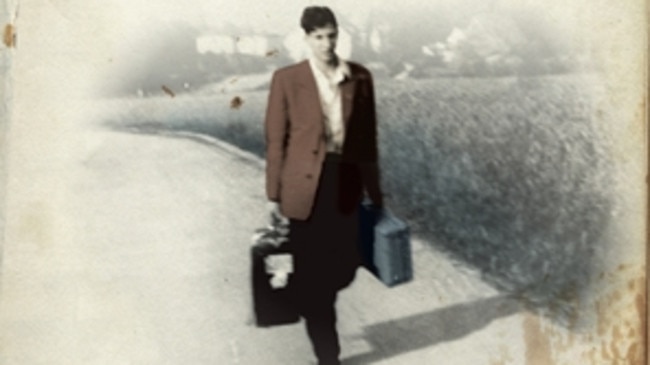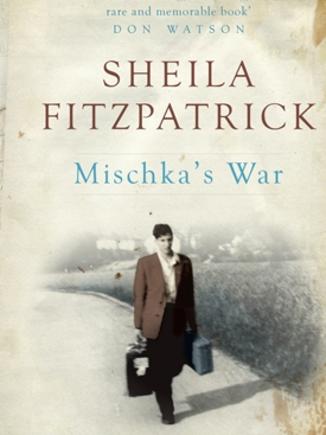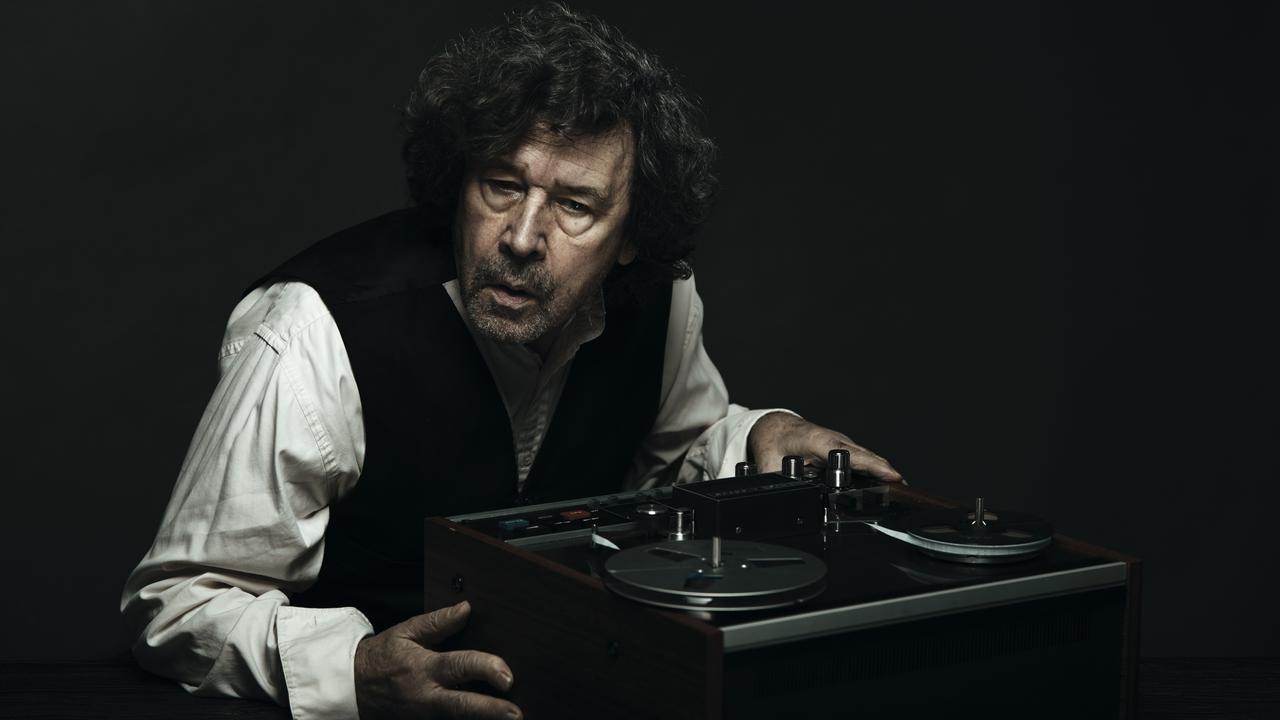Mischka’s War: A European Odyssey
Sheila Fitzpatrick’s extensive contribution to the history of Soviet Russia well deserves the acclaim it has received.

Sheila Fitzpatrick’s extensive contribution to the history of Soviet Russia well deserves the acclaim it has received. Perhaps not so widely known are her volumes of memoir: My Father’s Daughter (2010), an account of the life and times of historian and dissident Brian Fitzpatrick, and A Spy in the Archives (2012), more an instance of mistaken identity than genuine espionage, but still an absorbing account of what it was like to do postgraduate research in 1960s Moscow.

Now a third piece of life-writing has appeared, Mischka’s War, arising from Fitzpatrick’s (second) marriage to Mischka Danos, whose pick-up line when he found himself, aged 67, seated next to a younger woman in an aeroplane in 1989 was a polite query regarding her unplaceable accent. He, however, admitted only to coming from “the Baltics” — the “middle one”. Nevertheless, these coy beginnings led to an extremely successful marriage, Danos’s third, that lasted 10 years before Misha, as Fitzpatrick calls him, succumbed to a stroke.
Her decision to write about him was triggered by the opening of a box of diaries, documents, correspondence and photographs belonging to Misha and his mother, Olga. These dated from the late 1930s to the early 50s, by which time mother and son had become displaced persons in Germany, both trying separately to immigrate to the US. Fitzpatrick began to catalogue and translate the papers, then to interview family and friends, and finally to write what is not a memoir, because it dwells not on their years together, but on the piecing together of Misha’s life in Latvia, Germany and finally the US before she met him.
This mission was complicated by Misha’s quirky temperament. By nature he came at things obliquely, while loyalty to those he loved could affect his ability to see clearly. Would it be disloyal on her part, wondered his widow, to use the techniques of the professional historian to ferret out secrets that strong feelings had urged him to let lie? He “didn’t do detachment”. Fitzpatrick, in contrast, comes to see that she is detached even about herself, acknowledging in her introduction the inevitable tension between wifely reminiscence and historical objectivity. Is it possible for a “search for knowledge” to be also an “offering of love”, she asks, without quite grasping that to recognise a problem is not necessarily to overcome it.
The story itself is a saga. In the early 1940s the Danos family — Olga and her three sons — were living in Riga, she supporting them all by working in the fashion industry while the boys, Arpad, Mischka and Jan, studied. Latvia, previously under Soviet jurisdiction, had fallen to the Germans soon after the beginning of World War II; life for everyone had become harried and unpredictable. The outstanding achievement of this section is Fitzpatrick’s ability to trace the crisscrossings across northern Europe of the mostly separated mother and son(s). Though meeting only occasionally, Olga and Misha kept in close touch and after the war were reunited in Flensburg, an open city in northern Germany, where they were classified as displaced persons under the care of the UN Relief and Rehabilitation Administration.
Displaced indeed were they, but both rose above it with amazing determination. Olga got to Heidelberg, in the American zone, and developed a career as a sculptor; Misha did a physics PhD in Hanover, also in the American zone, and married German Helga. Eventually all three migrated to the US, but for the six or seven years that Olga and Misha were in Germany, “each was for the other the closest and most important person in the world”.
It is only after the introduction and a brief encapsulation titled Mischka and Olga that the story proper begins, an extended tapestry that starts with Misha’s childhood in Riga in a warm house with servants, continues into his schooling at the severe Riga German Gymnasium and en route provides quite a lot of authorial information about Latvia’s situation as a “small country wedged in between two big ones, Germany and Russia”, with forced allegiance to both at different times.
The family individually and as a whole straddled with ease nationalities and languages — some even held Hungarian passports — but German was at the top of the pile. To study in Germany was always Misha’s goal, even when Latvia was under Nazi occupation.
An indication of the precariousness of those times is illustrated by Olga’s compassion for a Jewish family whom she let live for a time in her workshop; it resulted years later in a reciprocal favour, when the resettled head of the family was able to help her migrate. Fitzpatrick’s forensic researches into her husband’s family’s experiences acutely bring home to us why and with what relief so many “DPs”, whose stories we rarely heard, flocked to our shores after 1945. It is an important and moving revelation.
The second strength of this narrative is not, however, the romance between Misha and Sheila. Fitzpatrick seems unable or unwilling to put herself at the emotional centre of any book. My Father’s Daughter shone the torch on the fraught marriage of her parents; in A Spy in the Archives she stood behind a mirror angled to reflect the Soviet challenge to the old Russian intelligentsia, through the person, among others, of the commissar for enlightenment, Anatoly Lunarcharsky. In this new book it is Olga — warm, flirtatious, artistic, heart-on-sleeve — who carries the day, which surprises the author more than the reader. Fitzpatrick admits with some shock that Olga has to a large extent “hijacked” the book, but wisely she lets her get away with it. Her compliance is our reward.
Judith Armstrong’s most recent book is Dymphna, a biographical novel about the wife of Manning Clark.
Mischka’s War: A European Odyssey
By Sheila Fitzpatrick
MUP, 313pp, $34.99


